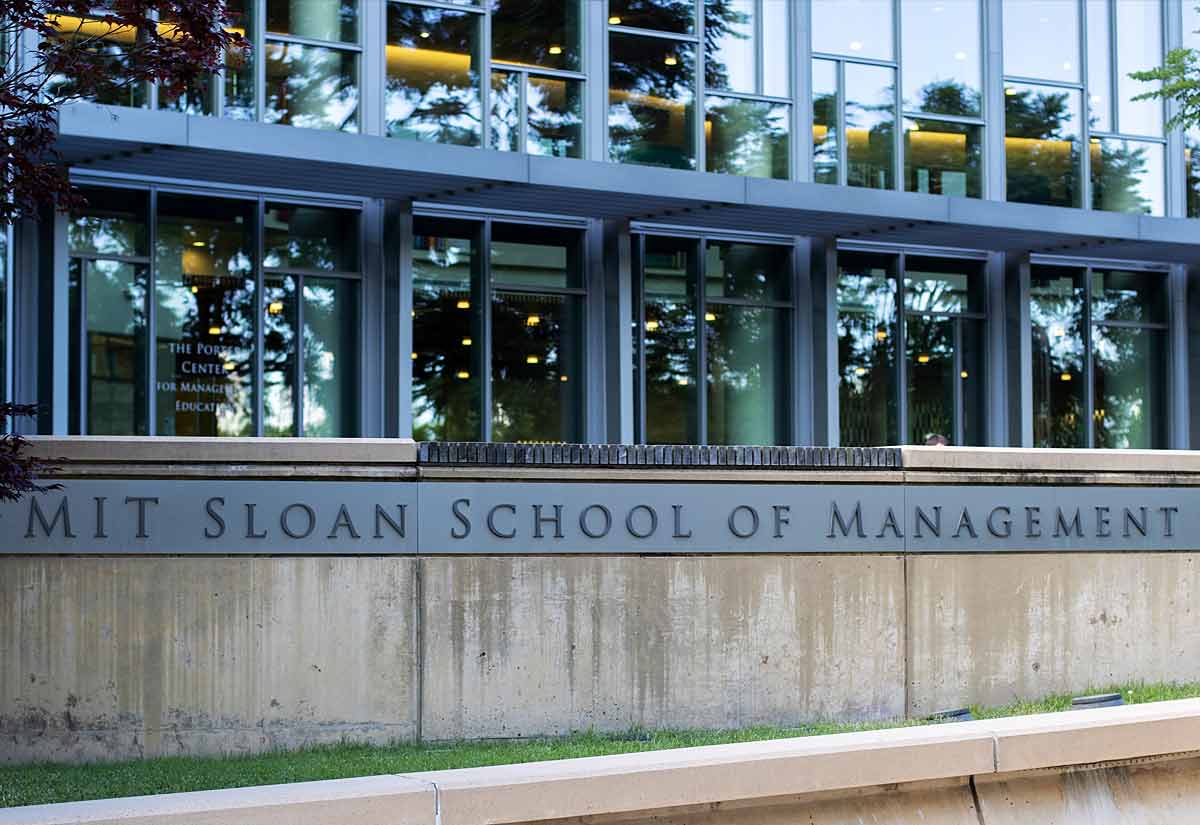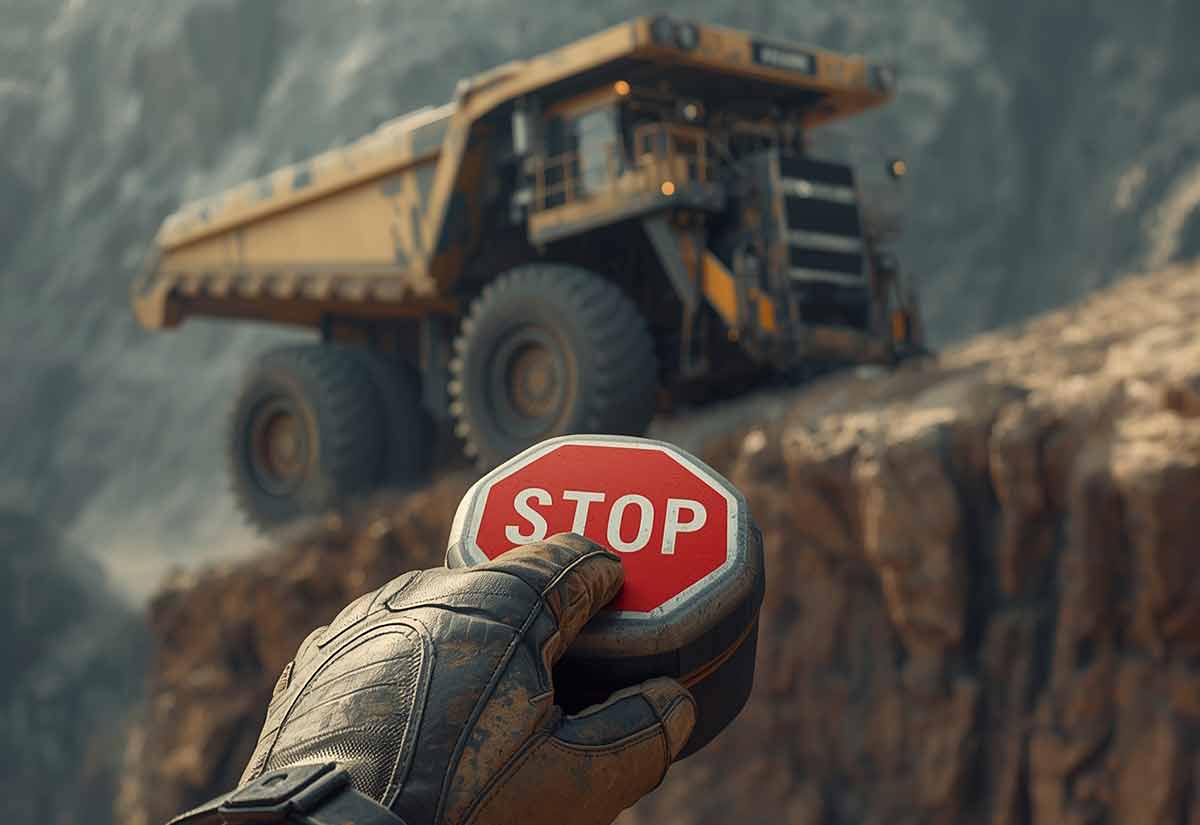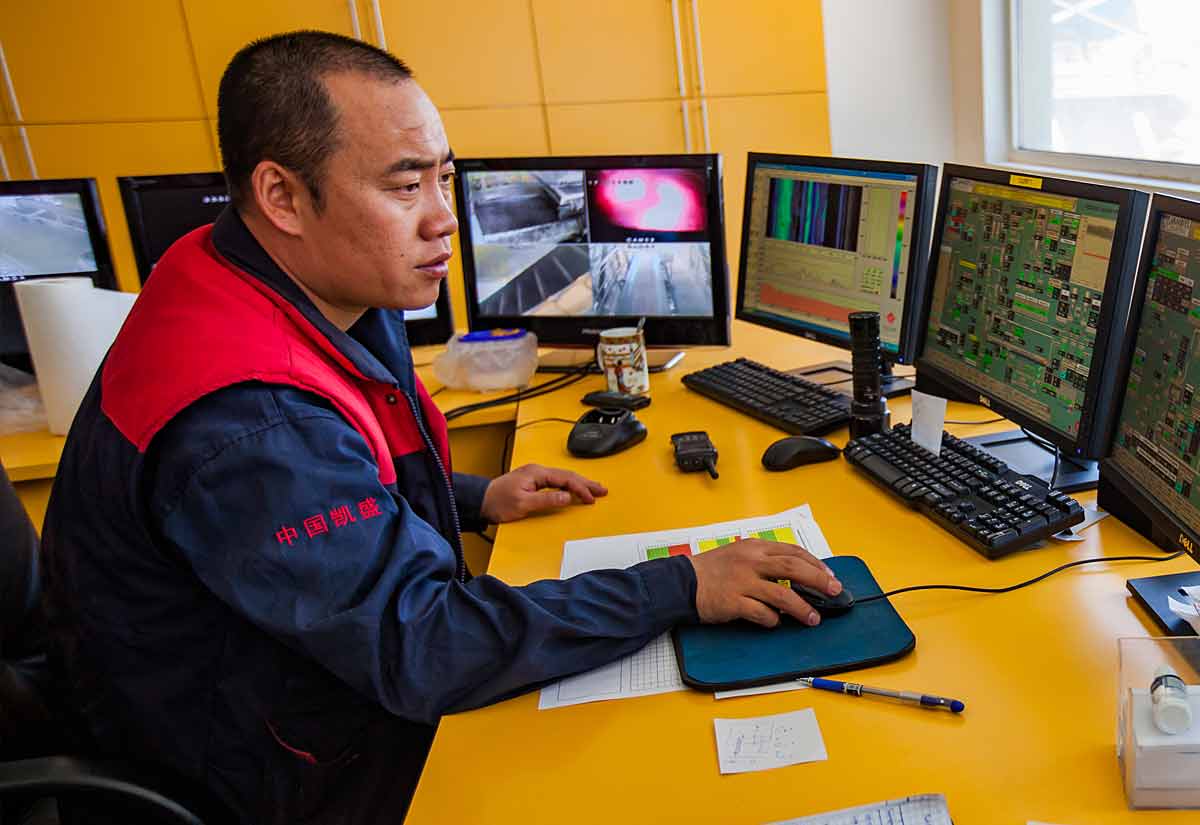Elon Musk’s proactive measures to counteract the AI engineering talent shortage underscore a pivotal trend within the tech industry. As reported by the Wall Street Journal, Musk is elevating compensation for Tesla’s AI engineers to stave off competitive poaching, particularly from OpenAI. This move highlights not just a titanic clash over AI talent but also the extreme lengths to which industry giants are willing to go to secure the intellectual powerhouses behind AI innovation.
Elon Musk and the Frontier of AI Engineering Talent
Elon Musk’s response to the intense competition for AI engineers illuminates a strategic approach to talent retention and attraction amid the technological gold rush. Boosting pay at Tesla aims to shield its engineering brigade from the alluring offers by competitors, including the very entity Musk helped bring to life, OpenAI.
This “craziest talent war,” as Musk describes it, isn’t just about safeguarding Tesla’s intellectual assets. It’s emblematic of the broader industry’s scramble to lead AI’s next evolutionary phase. Musk’s direct engagement in this battle not only underscores his commitment to maintaining Tesla at the innovation vanguard but also reflects the tech sector’s frantic pace of development and its hunger for the minds capable of driving it forward.
The Broader Implications for HR in AI and Tech
The dynamic Musk navigates is a clarion call to HR professionals within the tech and AI realms. It compels a reevaluation of strategies for attracting, nurturing, and retaining top talent. Beyond competitive compensation packages, organizations must cultivate environments where innovation thrives, career paths are dynamic, and contributions have a profound impact.
For HR professionals, Elon Musk’s endeavor serves as a case study in preemptive and aggressive talent management strategies, echoing the necessity for:
- Flexibility: Adjusting benefits and compensation dynamically in response to market fluctuations.
- Vision Alignment: Ensuring talent feels connected to the company’s broader mission and impact.
- Innovation Environment: Fostering a culture where experimentation and learning are valued alongside product development.
HR and the Evolving Role in AI Engineering
As we venture deeper into 2024 and beyond, the saga of AI’s rapid advancement, exemplified by the duel for dominance between entities like Tesla and OpenAI, sets the stage for HR’s evolving role. It transitions from a support function to a strategic partner pivotal in navigating the complexities of talent management in an industry marked by relentless innovation and fierce competition.
In this landscape, the insights and actions of pioneers like Elon Musk serve as a testament to their vision and as guideposts for HR professionals striving to chart a course through the technological maelstrom, securing the essential human capital that will define tomorrow’s AI frontier.
At Resource Erectors, we recognize the magnitude of this challenge and the invaluable role HR plays in navigating it. Our commitment remains steadfast in deploying HR soft skills and strategic insight to pump up the AI engineering talent pool, ensuring our place and yours at the forefront of technological transformation.
AI Engineer? Clarifying AI Job Titles in 2024 and Beyond
The burgeoning domain of Artificial Intelligence (AI) is teeming with talent and innovative spirits, yet it finds itself entangled in a web of terminological ambiguity. The term “AI Engineer” has become a catch-all, spanning a gamut of roles from those intimately involved in the creation and coding of AI models to individuals engaged in the back-end application of these technologies.
As we stride farther into the AI pioneering age, the necessity for precise, delineated job titles has never been more pronounced. It’s not merely a matter of semantics; it’s about clarity, respect for the expertise involved, and the practical aspect of matching the right skills with the right tasks.
Redefining AI Roles: Precision in Titles
- AI Engineer: Reserved exclusively for professionals who can architect and construct Learning Models (LM) from the ground up, this title should imply a deep proficiency in coding, machine learning algorithms, and the ability to innovate within the AI construction space. These are the creators, the builders – those who understand the intricate dance of algorithms that give rise to intelligent systems.
- AI Developers: This subgroup focuses on those who refine and modify existing AI frameworks. They possess coding skills and an understanding of machine learning but operate within predefined models to enhance, troubleshoot, or adapt AI functionalities to new applications.
- AI Analysts: Specialists who delve into the data that feeds and is produced by AI systems. Their expertise lies in interpreting, analyzing, and leveraging this data to improve machine learning models and AI functionalities.
- AI Coaches or Trainers: Human users who interact with AI systems to ‘teach’ or ‘train’ them through structured inputs and feedback loops. They are pivotal in the supervised learning phase, refining the AI’s responses and actions without the need for deep technical expertise to alter the AI’s underlying code.
- AI Directors: Individuals in this role strategize the AI applications within organizations or projects. They oversee AI implementation, ensuring alignment with business goals and ethical guidelines. While they need a solid understanding of AI capabilities and limitations, their focus is on integration and application rather than development.
Addressing AI-Performed Engineering Tasks
As AI systems begin to take on tasks traditionally described as ‘engineering,’ we grapple with further complexities in job titles. The evolution necessitates a separation between ‘AI-Performed Engineering’ and human roles, ensuring a clear distinction in responsibilities and expertise. This clarity aids in understanding the evolving dynamics between human professionals and AI counterparts in collaborative environments.
Conclusion
The AI landscape is a testament to human ingenuity, a field where innovation knows no bounds. However, as this landscape broadens, so does the need for precision in defining and differentiating its various roles.
By adopting more descriptive and accurate job titles, we pave the way for clearer communication, better job role matching, and a deeper appreciation for the diverse skill sets that fuel AI advancements. As the line between human and AI capabilities continues to blur, these distinctions will become all the more critical in navigating the future of work in AI-driven industries.
About Resource Erectors
With decades of experience in heavy industry Human Resources we are committed to leading the charge in delivering clarity and precision within AI and other industry professional job roles, Resource Erectors screening with an experienced human touch ensures that talent pools are accurately recognized and effectively utilized as we continue to explore this uncharted technological and career frontier.











